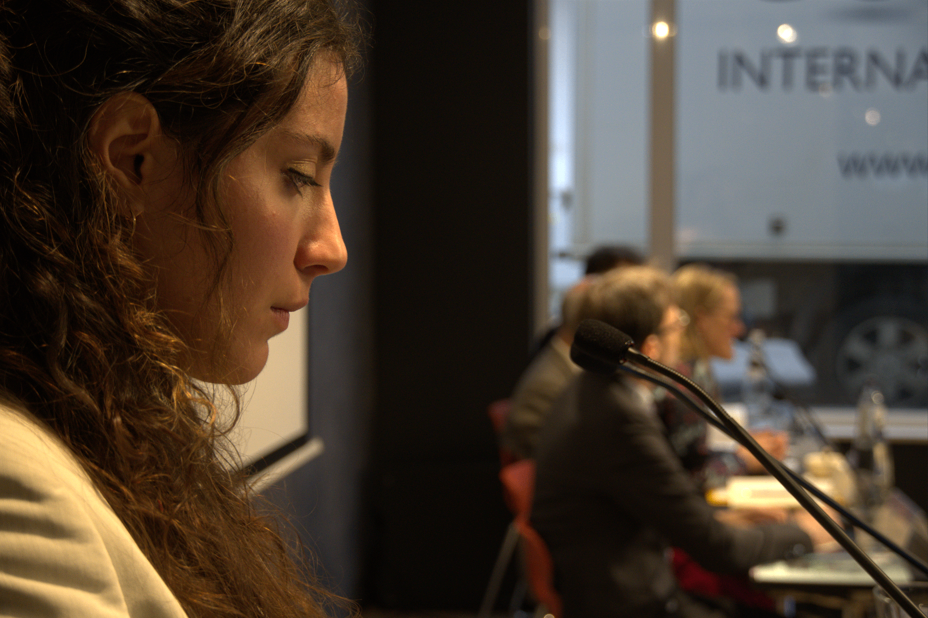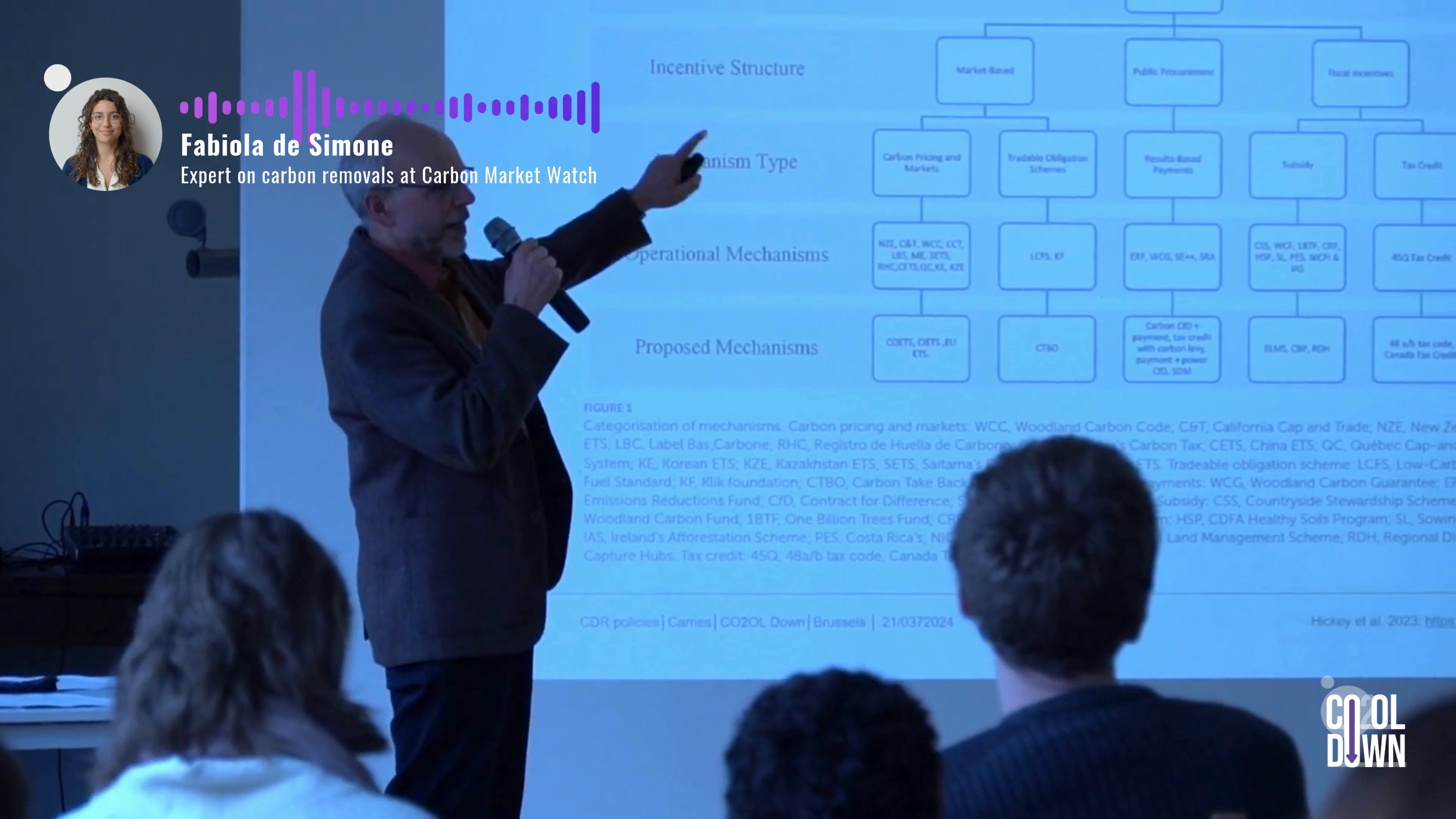Carbon Market Watch
Climate Transformation Fund • Belgium

Advocating for more ambitious EU carbon removal policies
CMW is a prominent organisation striving to influence EU carbon removal policies. In the ongoing legislative revision, there's a risk that the EU might permit permanent and low-durability measures, such as soil carbon, as substitutes for emission reductions. CMW proposes a novel approach to monitor the EU's carbon removal targets, preventing the risk of discouraging mitigation efforts due to the absence of distinct and separate reduction and removal targets. This approach aims to achieve near-zero emissions and sustainable removals at the same time, for the benefit of both the climate and society.
Decarbonisation
There is a need to support efforts that can reduce emissions. Change is not happening fast enough on its own. A high-impact way of accelerating emission reductions is by supporting effective organizations influencing decision-makers to implement more ambitious climate policies. Another way is to support innovation in new fossil-free energy solutions in cases where market forces are not providing the necessary funds.
Accountability
Initiatives that hold governments and industries accountable, promoting transparency and adherence to climate commitments. These watchdog efforts strengthen the integrity of climate actions, ensuring they are credible and just.

Decarbonisation
Namibia
PyroCCS pioneers sustainable industrial biochar carbon removal in the Global South, deploying its own low-cost, robust, pyrolysis systems powered by renewable energy and backed by a digital measurement and reporting solution. These plants efficiently convert invasive acacia bushes in Namibia, a significant threat to the savanna ecosystem, into high-quality biochar, while providing critical employment in regions with high youth unemployment rates. PyroCCS's scalable technology, which they are also offering as a solution to other project developers, not only captures carbon but also supports local agricultural and environmental recovery as well as food security.

Decarbonisation
South Africa
CHAI will work on the high impact project of transitioning a portfolio of hospitals in South Africa's Western Cape Province to renewable energy. This could be a high impact measure that is currently not occurring due to the limited capacity of the department of health and because of bureaucratic hurdles to innovative financial and energy contracts. The project has the potential to reduce emissions by hundreds of thousands of tons, and leverages CHAI's extensive experience in health sector procurement and innovative finance.

Decarbonisation
Tanzania
This project develops a mobile app for regreening techniques like Farmer Managed Natural Regeneration (FMNR). The app delivers real-time, location-specific advice directly to farmers' phones. This approach reduces intervention costs by eliminating the need for in-person visits to every location. We already support Justdiggit’s regular work since 2021, and now added this project because it builds on proven FMNR methods, increasing cost-efficiency and potential for rapid scaling in dry landscapes.



